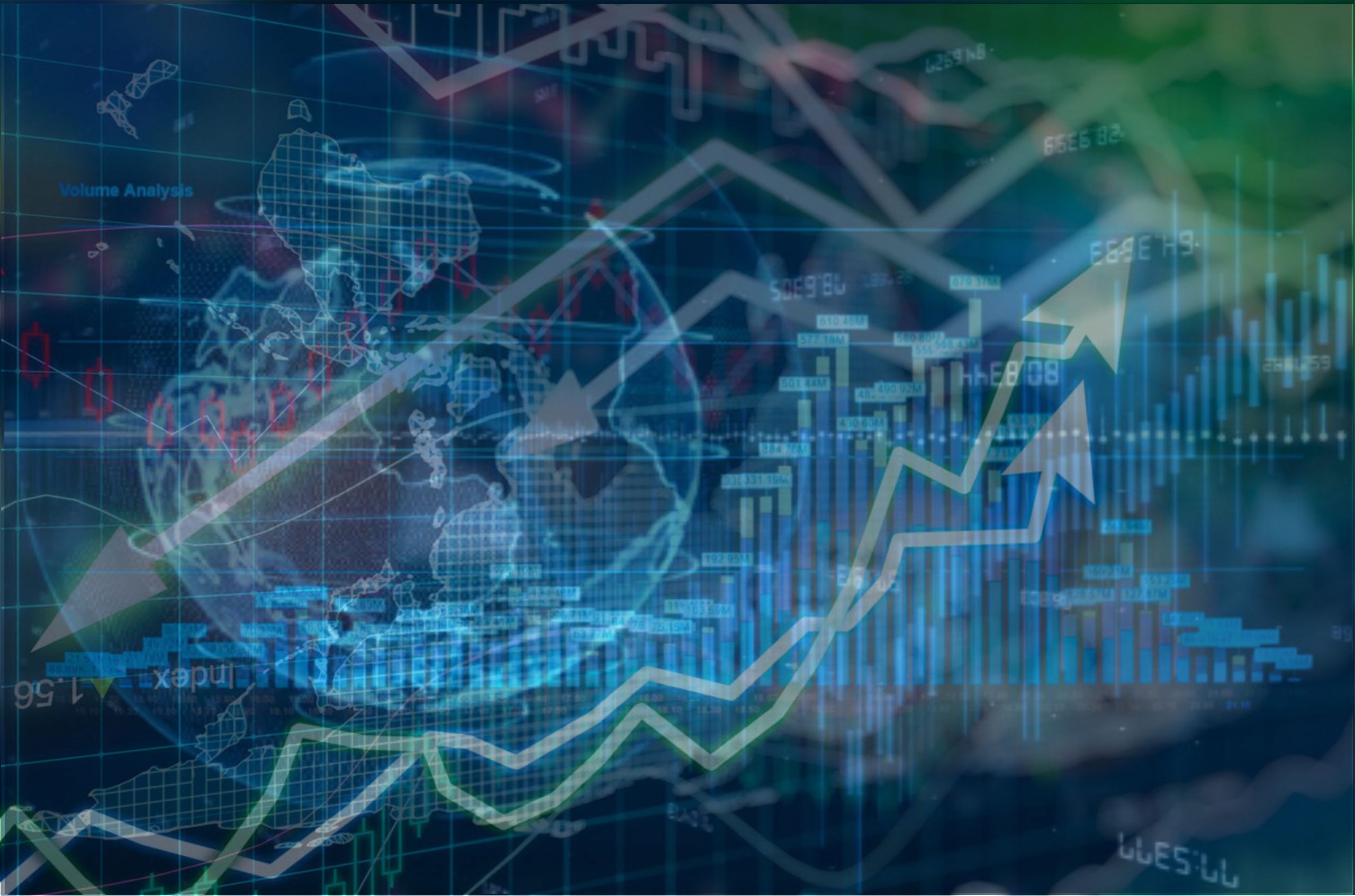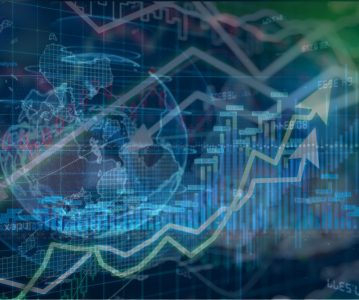Central banking ultimately leads to war, mass migration, climate change and pandemics.
Many years ago, it was discovered that true power comes from democracy. But money and legal systems evolved to make the public believe they are in charge, when in fact, this ‘centralizes’ wealth and power back to a powerful few.
Governments control the public’s way of life. This is what most people vote for but it doesn’t stop there. A small number of people control the world’s money system. They are unelected, but this gives them ultimate power over politics.
Money is a political system that governs how people live. One of the most important jobs for a government is to borrow money and accelerate the growth of consumption to repay it. Causing conflict over limited resources, economies in decline suffer austerity with high interest rates, and faster-growing economies repay debt faster.
The UK Government’s 2022 mini-budget attempted to stimulate the economy. The Bank of England raised interest rates and said, “It’s like two people driving the same car. The government wants to go one way, but the bank wants to go the other.”
“Populations and their governments await their central bank’s decision on interest rates to plan their lives. If that isn’t ultimate control over politics by the unelected, then what is?” Elon Musk
Optimising this failure
Centralised currencies are a failing system. Comparing their rise or fall in value against decentralised currencies is pointless. Many governments are planning to associate their currencies with the success of decentralised economic systems. They are introducing Central Banking Digital Currency. But when governments start using CBDC it will compound all these problems and speed up the need for change.
How did the world get here:
In the 17th century, the world had a population of under 0.7 billion. The Industrial Revolution began the unlimited exponential growth of consumption. This did not account for longevity. Now there is a population of 8 billion. Demand is increasing but resources are decreasing. The defence industry has become the most lucrative market.
Most governments and financial experts agree world economics is highly volatile and impossible to understand. Because it does not work. A robust economy would not be dependent on exponential growth. Some examples of how today’s world economics need to change:
- COVID-19 Vaccine – The pandemic destroyed economies. Financial institutions made billions more with all nations borrowing excessively. Having effective economics for an immunisation programme would mitigate this. But the most capable pharmaceutical development agencies competed for the patents.
- Most consumer products are designed to perish just after warranty to encourage throwaway and repurchase.
Many studies show that a growing economy does not make nations happier. There are less well-off countries that have more meaningful lives than richer nations. An example of such innovations from poor countries saving lives in rich countries.




